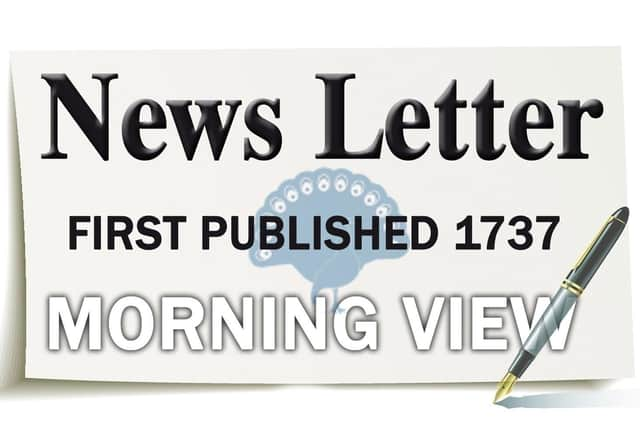Interest rate rise pain might help to stabilise economy


Oil, which was for some weeks down by more than 25% from the peak to about 80p a litre, is back around £1.
Inflation remains high, leading to disgruntled workforces across the country.
Public services are under perpetual pressure.
And now interest rates have risen yet further.
Advertisement
Hide AdAdvertisement
Hide AdBut there is, amidst the financial gloom, a possibly benign return to economic normality after the nation was flushed with Covid emergency money.
Interest rates, while now up to 3.5%, are still far below historic norms. This increase should not only help tame inflation, but dampen house prices.
Northern Ireland had a disastrous boom in 2006-7 and recently seemed to be heading the same way, with property prices in the province up by a quarter or more since the pandemic. Bidding wars had returned and some buyers were paying above the odds for their home.
For decades NI had stable and low house prices, which was no bad thing. It was a key factor in us having in many respects a higher quality of life than expensive parts of Great Britain.
Advertisement
Hide AdAdvertisement
Hide AdIf NI loses some of the post Covid property froth it will still have a housing market in which owners feel they have decent equity (and so feel confident to spend) but in which the next generations of adults can afford to become owners too.
A rate hike should help strengthen a too low pound.
And it might lead to a more balanced approach to lending and saving, in which businesses and individuals do not over borrow, and in which some people feel it is worthwhile to put money aside – which helps fund retirement.
Furthermore, if the cost of living rises can be brought back down then it lessens the (now considerable) risk of a wage spiral that merely worsens inflation.